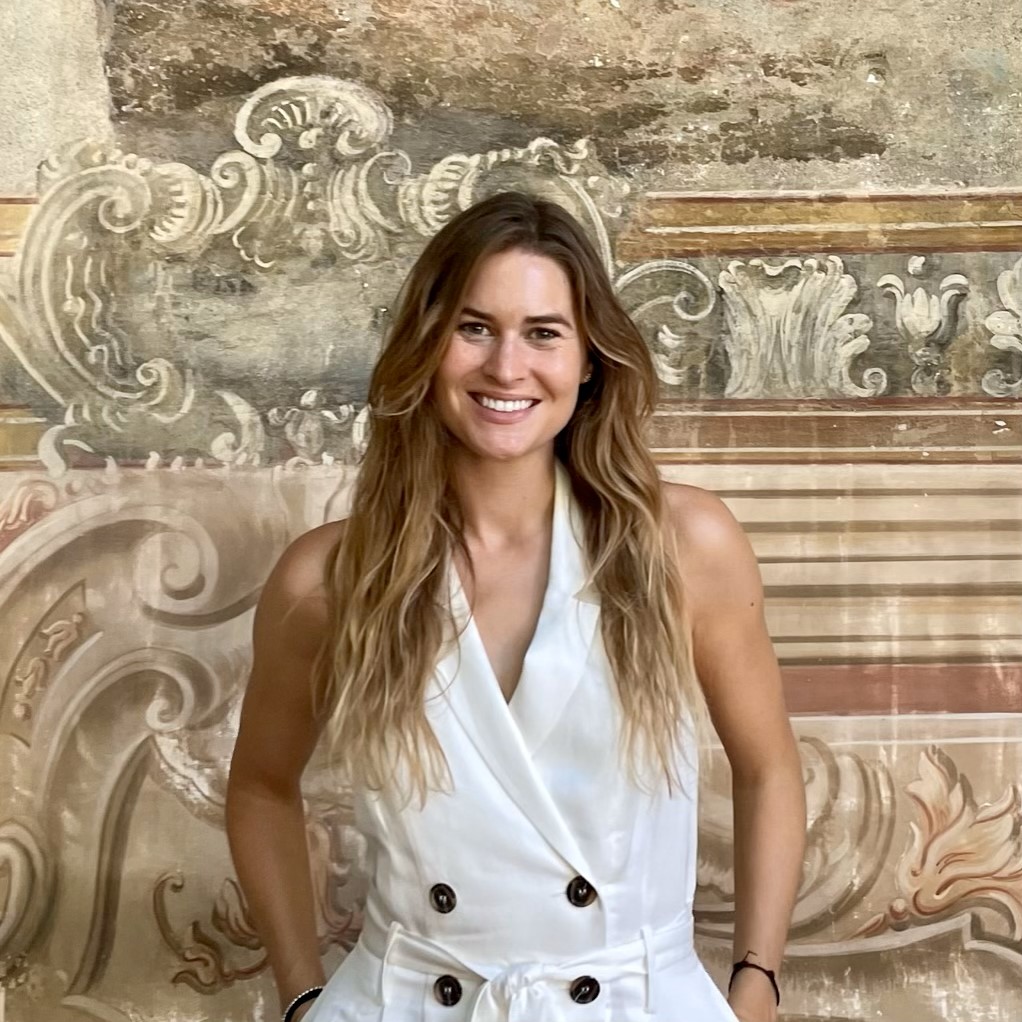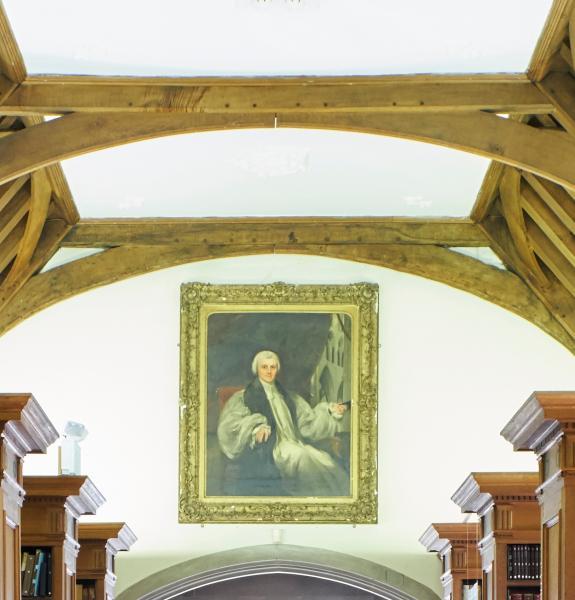Teresa Soley is a Leverhulme Early Career Fellow in the Department of History of Art. Her research focuses primarily on Iberian and global visual and material culture, with a particular interest in cross-cultural exchange and the role of artworks in shaping historical perceptions, narratives, and imagery. Engaging with issues of identity, representation, and transmission, her work explores questions of patronage, viewership, and the social and political functions of art.
She is currently completing her first book, Tomb Sculpture in Renaissance Portugal: Memory, Identity, and Empire, a survey of fifteenth- and sixteenth-century Portuguese funerary monuments that critically analyses their overlooked historical significance as memorials to the aristocracy of a nascent global empire. This study highlights the crucial and enduring role of commemorative sculptures in memorialising, illustrating, and promoting the overseas expansion both contemporarily and over the longue durée. She has published on expansionist rhetoric in monuments, the phenomenon of retrospective tombs, and the African presence in Renaissance sculpture, as well as on materiality and technical art history. Her latest research analyses the artistic impact of Afro-European exchanges in the fifteenth and sixteenth centuries, which will form the subject of her next book project.
At Cambridge, Teresa teaches on a wide range of late medieval and Renaissance topics and co-convenes The Making of Art and the History of Art Early Career Research Forum. In collaboration with scholars at the University of Oxford and the Courtauld Institute of Art, she leads the the interdisciplinary, object-centred research group Networks of Material Exchange in the Early Modern World.


